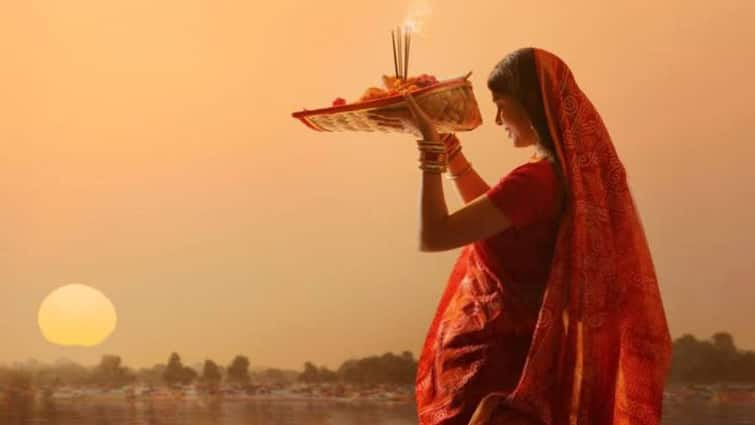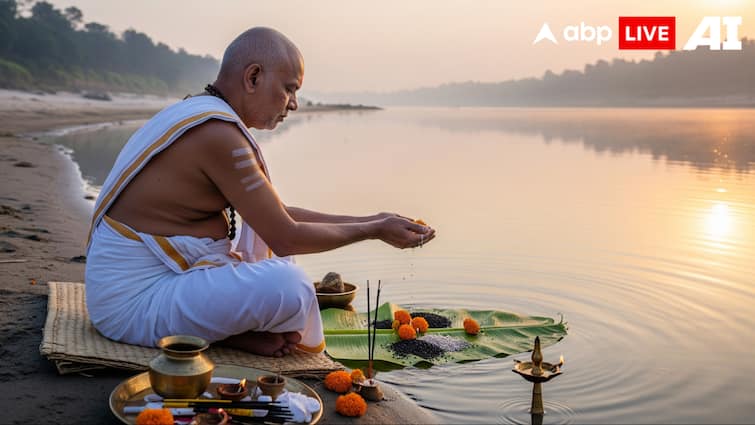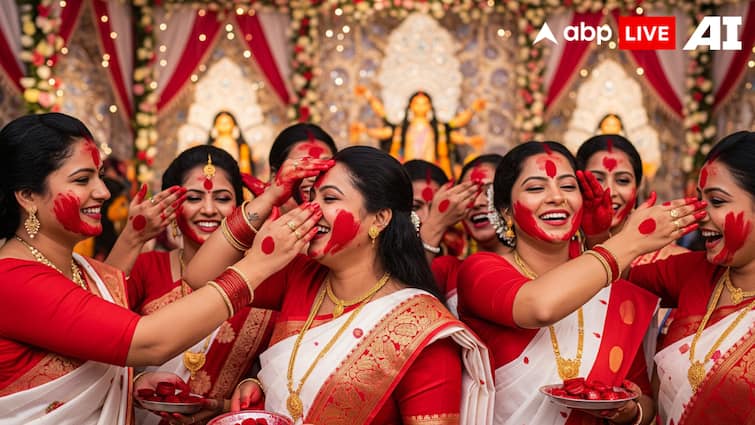Chhath Puja 2025 Date: Chhath Puja, known as the Mahaparv of folk faith, is one of the most sacred and rigorous festivals in Hindu tradition. It is considered the toughest fast, where devotees, especially women, observe a 36-hour-long waterless fast in devotion to the Surya Dev and Chhathi Maiya. Though now celebrated across India and abroad, Chhath holds immense cultural significance in Bihar, Jharkhand, and Uttar Pradesh, where it is observed with great devotion and grandeur.
ALSO READ:
Chhath Puja Begin 2025 Date
The four-day-long Chhath Puja begins with Nahay Khay, marking the start of this spiritual journey. According to the Hindu Panchang, Nahay Khay falls on the Shukla Paksh Chaturthi of Kartik month. In 2025, Nahay Khay will be observed on Saturday, 25 October, officially beginning the Chhath rituals.
Nahay Khay Rituals And Offerings
On the first day, devotees take a ritual bath in a river, pond, or at home, purifying themselves before beginning the vrat (fast). They then worship their family deity along with Lord Surya.
A pure and satvik meal is prepared as prasad, which includes:
- Steamed rice (arwa chawal)
- Chana dal
- Lauki ki sabzi
This food is cooked without onion, garlic, or regular salt, using only sendha namak for purity. First, it is offered to the deity, after which the devotee consumes it, followed by other family members as prasad.
By consuming this satvik meal, the devotee purifies both body and mind, preparing for the difficult fasts ahead in the Chhath Puja rituals.
Spiritual Significance Of Nahay Khay In Chhath Puja
Chhath Puja holds deep religious roots, tracing back to the Ramayana era, when worship of the Sun God was considered vital for well-being and divine blessings.
"Nahay" symbolises bathing or purification.
"Khay" represents eating a sanctified meal.
Together, Nahay Khay signifies a spiritual reset, the devotee bathes, eats pure food, and takes the vow of fasting with discipline, purity, and devotion.
The festival not only strengthens faith but also promotes gratitude towards nature, community harmony, and the belief that Sun worship blesses devotees with health, vitality, and peace of mind.








